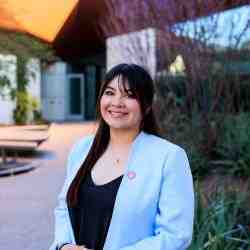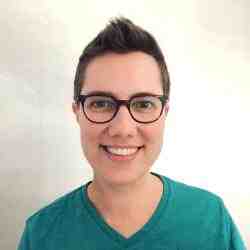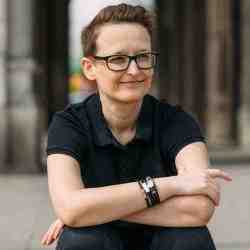Since 2006, The Phoenix has perfected what it means to build healing communities with people in recovery from addiction. Fitness is the tool they use to harness the transformative power of human connection, battling stigma and isolation in the process. Phoenix gyms are vibrant, magnetic spaces… Read more
Since 2006, The Phoenix has perfected what it means to build healing communities with people in recovery from addiction. Fitness is the tool they use to harness the transformative power of human connection, battling stigma and isolation in the process. Phoenix gyms are vibrant, magnetic spaces that are reclaiming the process of recovery as “cool”. They offer everything from rock-climbing to biking, yoga, meditation and CrossFit classes that are fun, safe, inclusive and accessible. They also organize yearly multi-day trips in the Moab Desert where members take on larger challenges and deepen their connections to each other and nature. The organization helps its members establish their sober identity and imagine new possibilities for their lives through fitness and community.
At the core of the Phoenix model is an emphasis on creating spaces that provide 1) a fun environment, 2) physical and emotional safety, 3) inclusivity and 4) accessibility. The only membership fee to join a Phoenix gym is 48 hours sobriety. Before joining, each member must sign a Team Member Agreement which sets the tone and the culture for the community. Thus, members are not just getting access to free fitness classes, they are buying into an ethos of contributing to a nurturing community. Scott and his team are mindful of ensuring this culture and that it permeates every aspect of the organization. Before each class, this philosophy is strengthened through what the Phoenix calls a “Circle Up” where the rules of the community are reiterated, and a short ice-breaker activity gives everyone a chance to share something personal in a welcoming space, building connection and empathy in the process. This check-in happens at the beginning and end of every activity. This is particularly important as there are new members joining every day and for many it is one of their first steps on their path to recovery. They may arrive feeling vulnerable and out of place, so making them feel welcome and surrounded by people who care and can relate to them is critical. This environment also helps in their choosing to come back.
Members attribute significant changes in their lives to their participation in The Phoenix: 73 percent say it improves their self-esteem; 82 percent feel emotionally safe there; 65 percent have improved attitudes about sobriety; and perhaps most staggering, 80 percent of active participants stay sober. As a point of comparison: an average of 40 to 60 percent of people who undergo 30-day treatments end up relapsing. Because the threshold of participating in The Phoenix programs is so low (48 hours of sobriety), those who do relapse know they are welcome to come back without judgment in just two days’ time, which helps prevent them from diving deeper back into their addiction. The program’s effectiveness has not gone unnoticed: drug court judges and probation departments have begun officially recommending the program as a treatment course in several cases.
To date, The Phoenix has reached over 30,000 people in more than two dozen states across the U.S. It offers daily classes through its brick-and-mortar gyms and in over 40 volunteer-run partner sites. By partnering with existing gyms who are donating their space to The Phoenix when it is otherwise not in use, Scott has been able to scale his model dramatically while keeping costs down. The plan is to continue to grow the network threefold in this way over the next few years.
The Phoenix recently launched a new campaign to reduce the stigma associated with recovery, because it is one of the factors that keeps people from seeking help. The “Stronger Than” campaign demonstrates that individuals in recovery are stronger than their addiction; stronger than alcohol, stronger than heroin, and stronger than stigma. The Phoenix celebrates recovery rather than trying to hide it, which impacts its core constituents but also helps address the biases that families and other community members often have about people in recovery.
The Phoenix offers a workforce development program where team members can become personal trainers and also a volunteer program where team members help others new in recovery. This is not only critical to keep programming peer-led, it is also becoming an important earned income strategy for the organization. Alongside the workforce development program, The Phoenix also generates revenue through operating a CrossFit gym open to the general public. They also partner with treatment centers where they deliver health & wellness and adventure-based programs. Aside from bringing a sustainable income source for the organization, these partnerships serve to spread the “nurturing community” model to those institutions and creates a bridge for clients to transition more seamlessly from treatment centers to The Phoenix community. Members of The Phoenix are also active fundraisers for the organization. Though these income generating strategies are a growing portion of its budget, the majority of The Phoenix’s $7 million plus annual budget continues to come from foundations, individual donors, and state and federal grants.
With the scaling of The Phoenix model well under way, Scott’s personal mission is to address the root cause of addiction by referring to ACEs. He has a dream of someday having a system that works in collaboration with probation, the criminal justice system, formal treatment, education and early childhood programs where everyone implements a trauma healing model to help interrupt the generational transmission of pain, thereby reducing the need for “numbing the pain” through SUD. The Phoenix network today is merely “the rails that will carry that load.”
Read less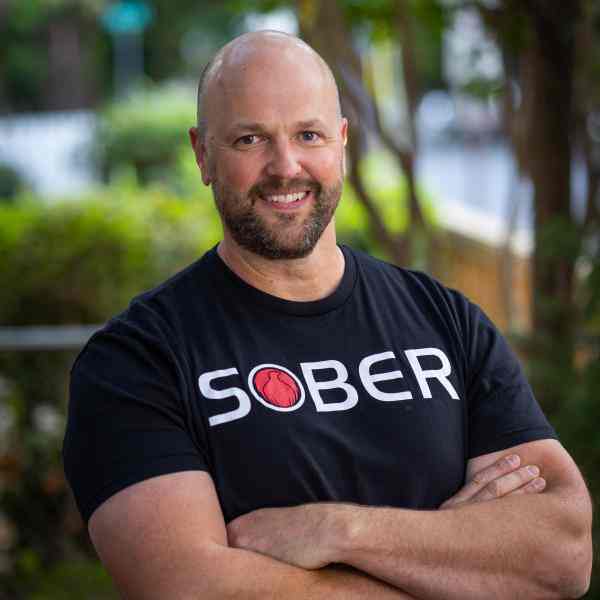
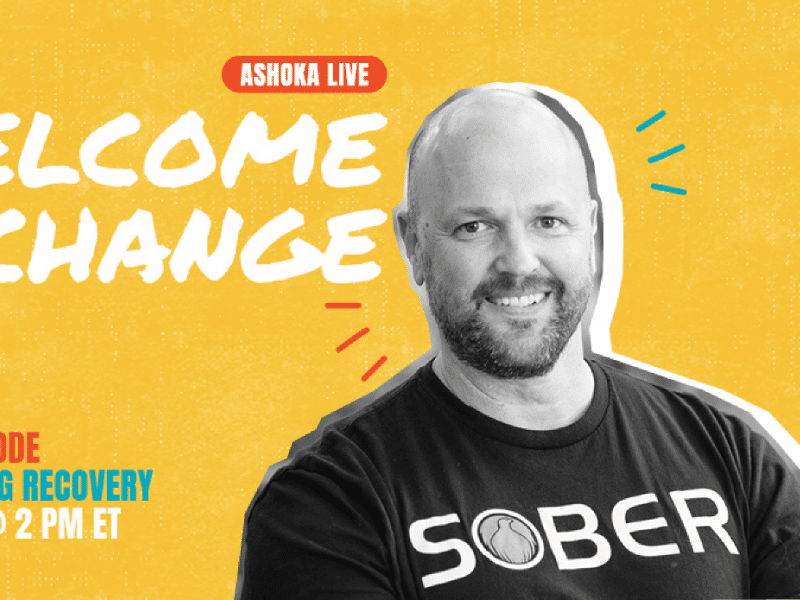 Tile image
Tile image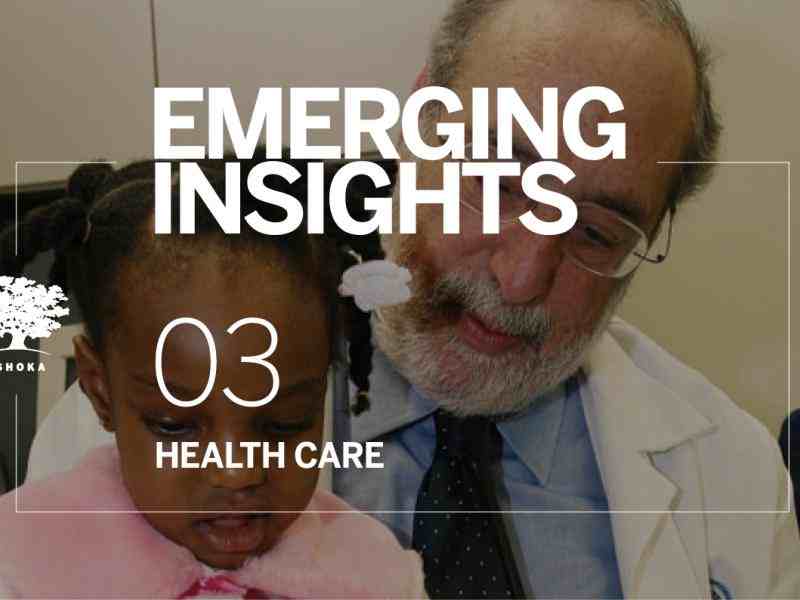 Tile image
Tile image
